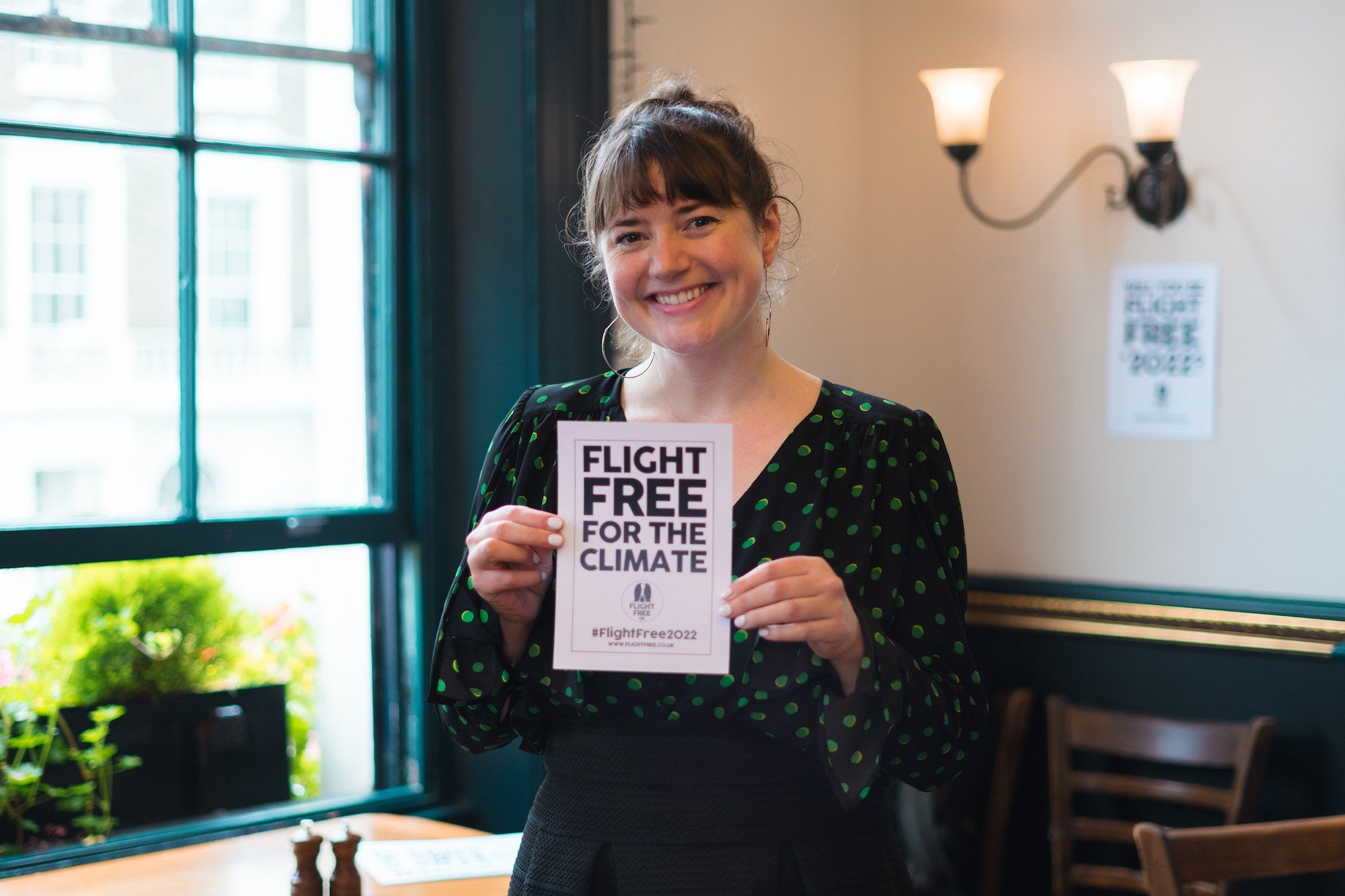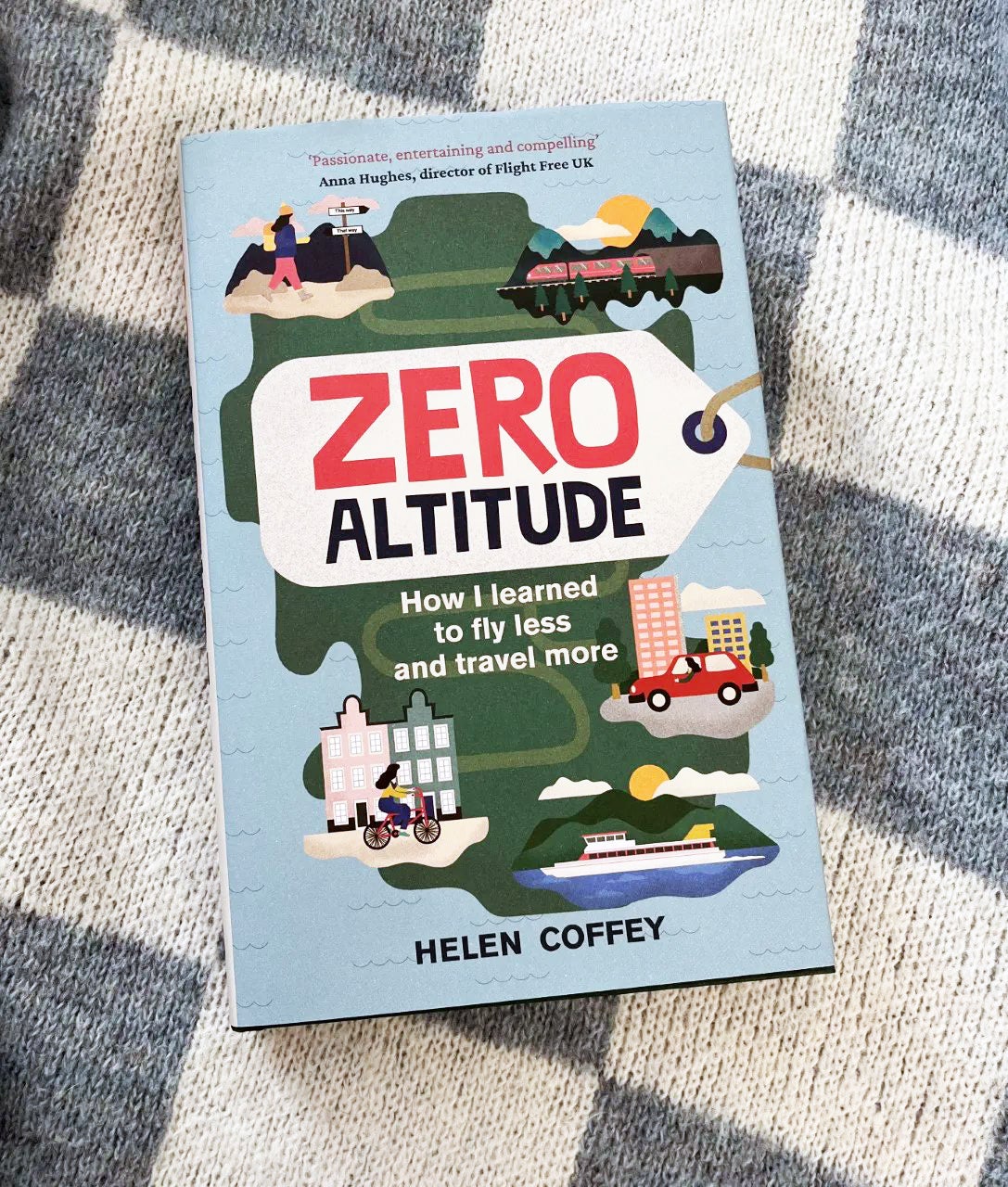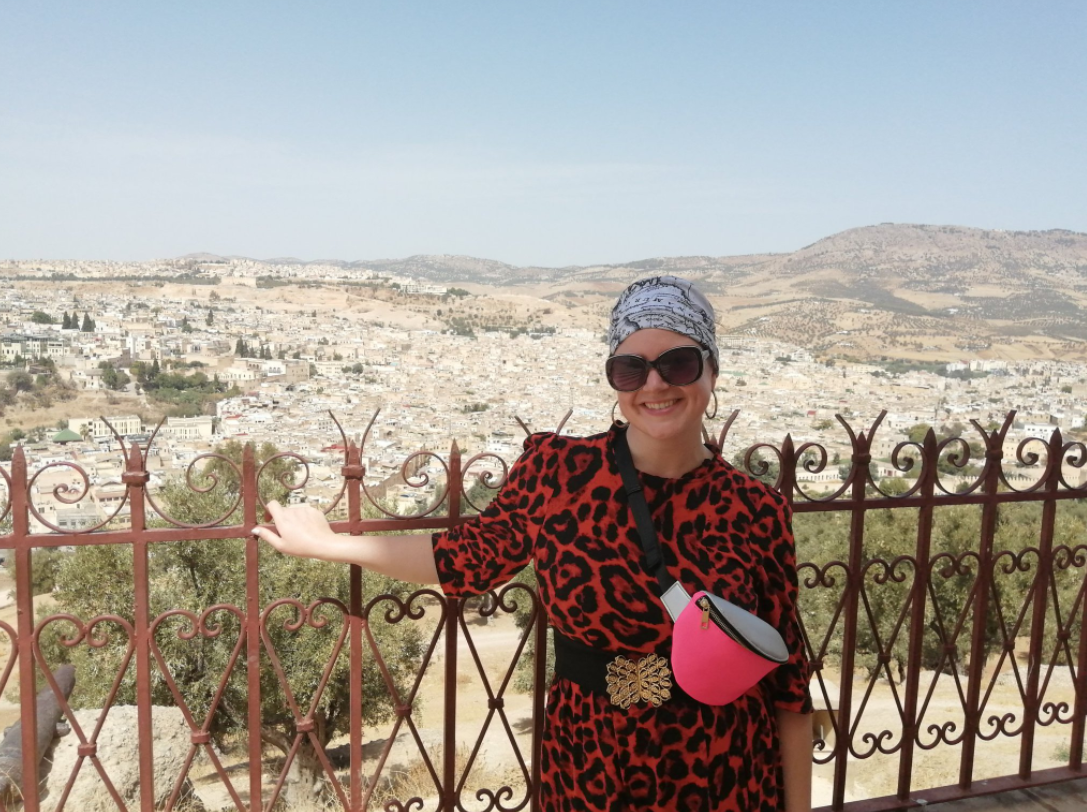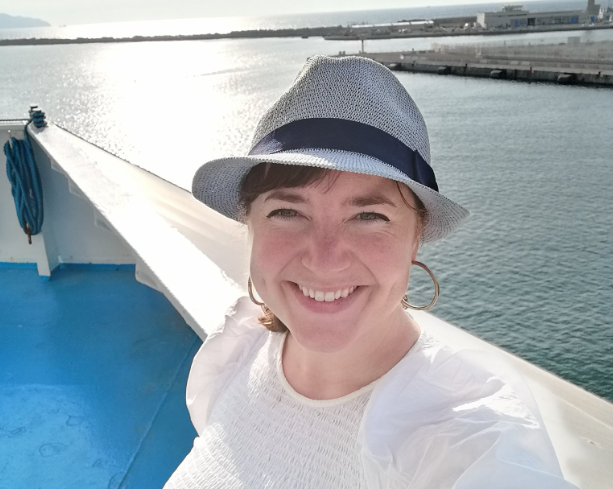
When I had the idea to write my first book, Zero Altitude – and attempt, as The Independent’s travel editor, to go flight-free for a year – the world was set on one obstinate course from which there was seemingly no turning back: growth.
Growth, growth and more growth, ever-expanding, no slowing down. This was true of world economics, of consumption – and, of course, of flying. Despite promises about reaching carbon neutrality by 2050, airlines were doing little to curb that growth. Rather, with pound signs in their eyes, they were set on further expansion and better connectivity; more bums on seats and more seats to put bums on.
Then along came Covid-19. Things that seemed impossible happened. Planes stayed on the tarmac. Airlines cut down and cut down and cut down until there was nothing left of their schedules. The world stood still for a moment. The world held its breath.

The pandemic did what decades of campaigning could not – it forced everyone to go flight-free. I was no longer alone in my project of trying to stay grounded; the rest of the planet was joining me, whether they wanted to or not.
And yet, despite all this, we quickly saw things reverting to the status quo in 2021. Airlines gradually ramped up their schedules, demanding even more tax breaks and incentives to get people flying again. There’s a real possibility we have learned nothing from our brush with the apocalypse. There’s a real possibility that, in our desperation to feel secure and normal again, we will give up all our insight and, more importantly, the potential for real change. Because now is the moment at which we could rebuild a better, cleaner, greener travel industry.
My biggest hope is that we become more intentional with our time and money when it comes to travel
Although lockdowns have lifted and life has begun to revert to its old shape, my biggest hope is that we become more intentional with our time and money when it comes to travel. That – having pressed pause on life for a little while – we’re able to stop and take stock of what matters to us: the dream trips we’d like to carefully, painstakingly curate, with the way we get there forming just as big a part of the planning as the ‘there’ itself.
Mindful travel, you could call it.
Because my biggest takeaway from voluntarily clipping my wings for 30 months now and counting was this: keeping both feet on the ground is not only totally doable, it can provide the most exhilarating opportunities for adventure.
The below extract is from the final chapter of Zero Altitude, at the point at which I finally realised that slow travel is not just better for the planet – it really can change how you see the world.

The big one: Just how far can I get at zero altitude?
There is a moment in Morocco, one of those perfect moments you know you’ll remember for many years to come, maybe even a lifetime, that perhaps sums up better than anything my entire flight-free experience.
I am on the roof terrace of an elegant riad-turned-restaurant, drinking a frosty glass of vodka and pomegranate juice. The alcohol hits in just the right places and I feel loose-limbed and content as the sun ebbs away. The call to prayer erupts all around me, the sound alien and otherworldly, while the air is warm without being humid. I feel so wonderfully far from home and it assaults me all at once – the miracle that I am here, in this place.

It might sound strange given all my travels, but I am not, by nature, a very adventurous person. Honest. I’m timid in unfamiliar settings surrounded by strangers; I rarely take the lead in new situations; I’m not the sort of person who can conceive of going on a ‘spontaneous’ trip without planning every element down to the tiniest, most banal detail. And yet here I am – on a rooftop in Fes, feeling the bath-warm night come to life around me as the sky achieves an indescribably beautiful ombré of lemon morphing into midnight blue.
I got here all by myself, over land and sea, despite the overwhelming amount of red tape that had to be deftly skirted to make it happen. As I think of it – as I think of all the terrestrial trips I’ve taken – a small but determined flicker of pride lights up my insides. I’ve learned that I can get out of my comfort zone by taking things a step at a time, one after another, until I wind up somewhere impossibly gorgeous and exotic, sipping cocktails in the soft evening light. It makes me feel as if anything were possible; as if I am strong, and powerful and capable.
Flight-free travel is so much more than a climate commitment – so different from the exercise in joyless self-denial and martyrdom I originally thought it might be. Rather than limiting my opportunities, it has done the exact opposite: opening me up to a mind-bending new world of possibilities. More than that, in fact – opening me up to parts of myself I never knew existed.

I am reminded once more of train guru Mark Smith’s wise words early on in this project: “Booking flights is easy, but a nightmare to do, and it doesn’t give you anything back when you actually do it. Booking trains is hard – it’s a challenge. But when you actually do it and make the journey, it’s wonderful. It’s like everything else in life: if you put more effort in, you get a lot more out.”
After 18 flight-free months, months in which the pandemic made travel more difficult than it’s ever been in my lifetime, I finally understand exactly what he meant. I have never had such poignant experiences; never felt such a heady mix of emotions; never discovered such a well-defined sense of purpose and adventure. I may have stopped flying, but I feel like I’ve finally started travelling.
‘Zero Altitude: How I learned to Fly Less and Travel More’ by Helen Coffey is published by Flint on 26 May 2022 (flintbooks.co.uk; £16.99 hardback).







